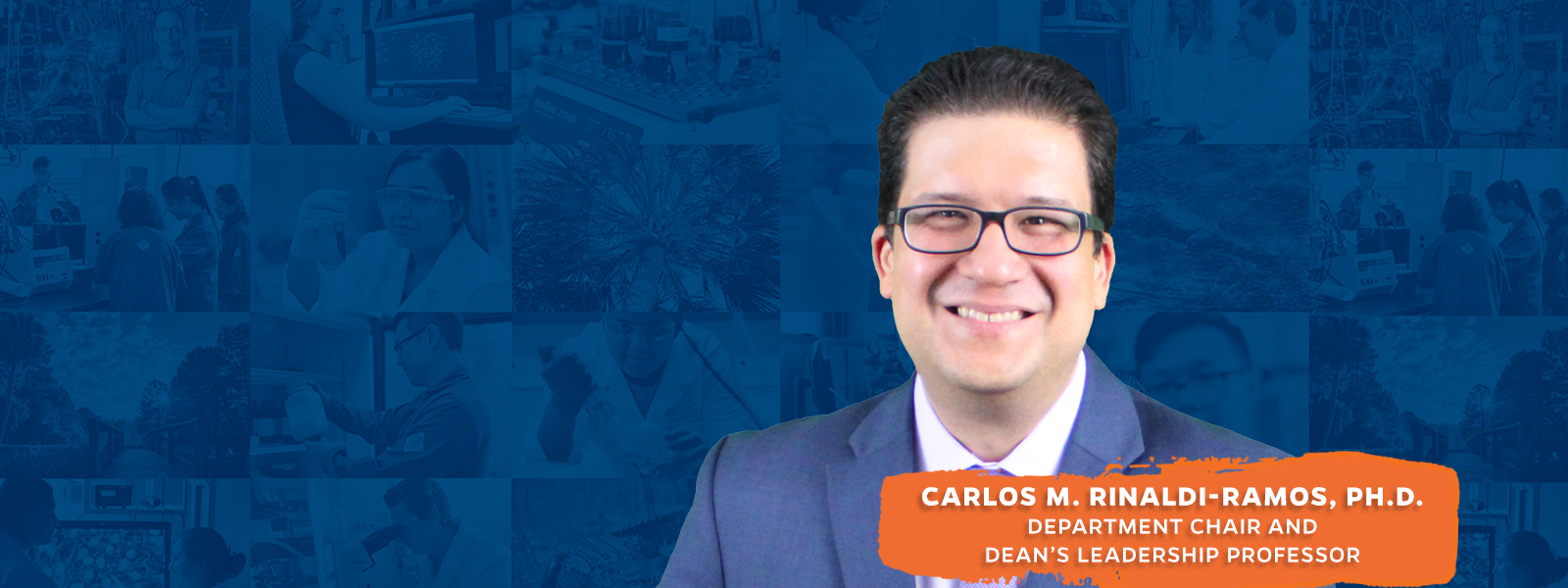Researchers at the University of Florida are using colloidally stable nanoparticles and magnetic cryopreservation agents (mCPAs) to extend the preservation time of donor organs.
Currently, the preservation time window ranges from 4-36 hours depending on the organ. This time window severely restricts the time for adequate donor-to-recipient matching and the distance over which transplant organs can be offered. Researchers have been able to extend this time frame for up to one week without evidence of damage to the organ.
Since its inception, organ transplantation has saved millions of lives and improved the quality of life for many more. Despite advances in surgery and organ preservation technologies, about 70% of organs suitable for transplant are discarded. One critical reason is exceeding preservation time limits in taking organs from donors to potential recipients.
Time and distance restrictions result in a large number of organs that are not used while also contributing to using organs that are not ideally matched to recipients, based on size or immunological factors.
“Nanowarming of cryopreserved organs perfused with magnetic cryopreservation agents (mCPAs) could increase donor organ utilization by extending preservation time and avoiding damage caused by slow and non-uniform rewarming,” said Carlos M. Rinaldi-Ramos, Ph.D., principal investigator, Dean’s Leadership Professor and Chair, UF Department of Chemical Engineering.
Dr. Rinaldi-Ramos; Andreina Chiu-Lam, Ph.D.; Edward D. Staples, M.D., an associate professor in the division of thoracic and cardiovascular surgery in the UF College of Medicine, and Carl J. Pepine M.D., in the Division of Cardiovascular Medicine, have their findings published in Science Advances.
The promise of nanowarming for biobanking, also known as tissue banking, of whole organs relies on the ability to uniformly perfuse an organ, vitrify the organ, and rapidly rewarm the organ to room temperature, avoiding damage caused during the rewarming step. It also requires removal of the solutions containing biocompatible superparamagnetic iron oxide nanoparticles (SPIONs) used to rewarm the organ.
The study results highlight the important role of SPION stability in formulating mCPA solutions and support the potential of nanowarming as a strategy for biobanking transplant tissues.

